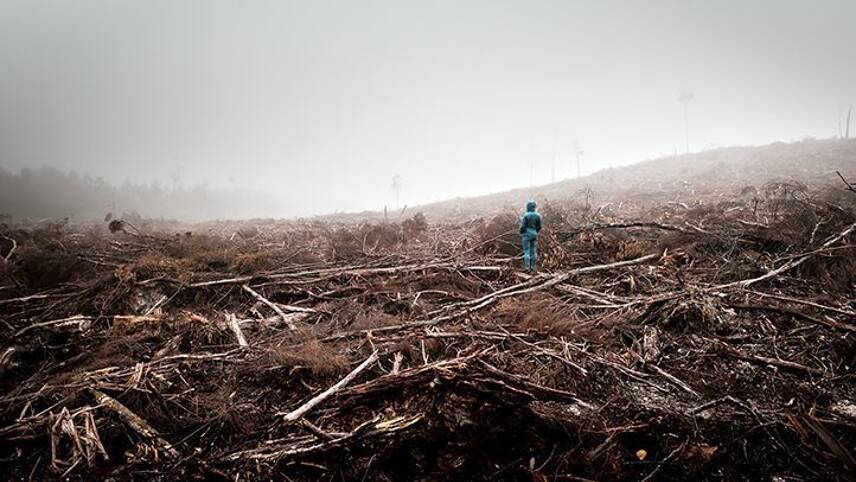Register for free and continue reading
Join our growing army of changemakers and get unlimited access to our premium content

In total
The new warning has been issued in a report from The B Team and supported by Business for Nature. It found that globally, more than $640bn has been provided in subsidies to the fossil fuel industry, alongside $520bn to harmful practices in the agriculture industry. The report also finds that $350bn a year flows into the “unsustainable use of freshwater” and the management of water in ways that contribute to water pollution.
In total, the world is spending the equivalent of 2% of global GDP – around $1.8trn – on the subsidies that are causing ecosystem collapse and species extinction.
Christiana Figueres, former Executive Secretary of the UNFCCC and B Team Leader, said: “Nature is declining at an alarming rate, and we have never lived on a planet with so little biodiversity. At least $1.8trn is funding the destruction of nature and changing our climate, while creating huge risks for the very businesses who are receiving the subsidies. In the meantime, we still have not met the Paris Agreement climate finance target of $100bn per year.
“Harmful subsidies must be redirected towards protecting the climate and nature, rather than financing our own extinction.”
The report estimates that the three sectors receive more than 80% of all environmentally harmful subsidies per year.
CDB expectations
The report comes two weeks ahead of the UN Convention on Biological Diversity (CBD) COP15 Open Ended Working Group meeting in Geneva. The two organisations are calling for the redirection of finance in order to unlock the estimated $711bn needed to halt the loss of nature with the $500bn annual subsidy reform issued in the current draft framework to be strengthened.
Last year, a group of investors worth more than $10.6trn in assets under management issued a statement prior to the CBD COP15 negotiations, calling for heightened global action to end deforestation and ensure sustainable land use.
World leaders were set to meet in person in Kunming, China for COP15 last year. The discussions were set to take place in order to ratify a “Paris-style” agreement to halt Earth’s sixth mass extinction by improving biodiversity.
However, due to restrictions and health concerns caused by the coronavirus pandemic, China and the CBD have confirmed that COP15 will be split into an online event that took place last year, with in-person negotiations to follow this year.
The UN unveiled draft plans for the summit in July. The plan states that “urgent political action” is needed “globally, regionally and nationally to transform economic, social and financial models so that the trends that have exacerbated biodiversity loss will stabilise in the next ten years and allow for the recovery of natural ecosystems in the following 20 years”.
The document notes that biodiversity loss will need to be halted by 2030 and a net-positive impact delivered thereafter. The draft plan targets a tenfold reduction in extinction rates and a halving of the risk of species extinctions by 2030.
Commenting on the announcement Mary Robinson, former President of Ireland and B Team Leader, said: “Climate action is at a crossroads, in part because of the large scale of public money flowing to harmful industries and practices. We need to see thorough subsidy reform from governments and businesses, with social and environmental considerations at the heart, to ensure a just and equitable transition for all.”
Matt Mace


Please login or Register to leave a comment.